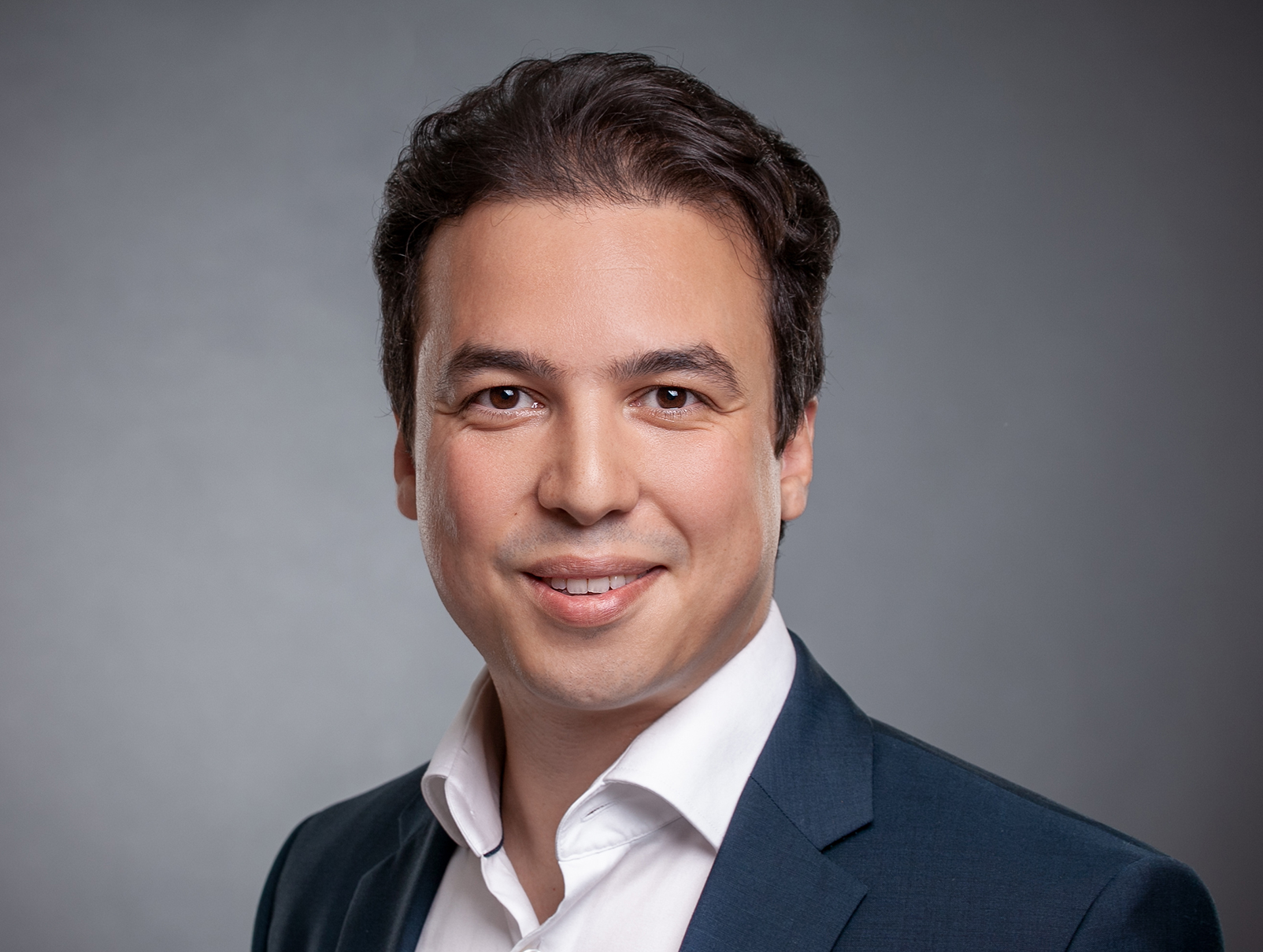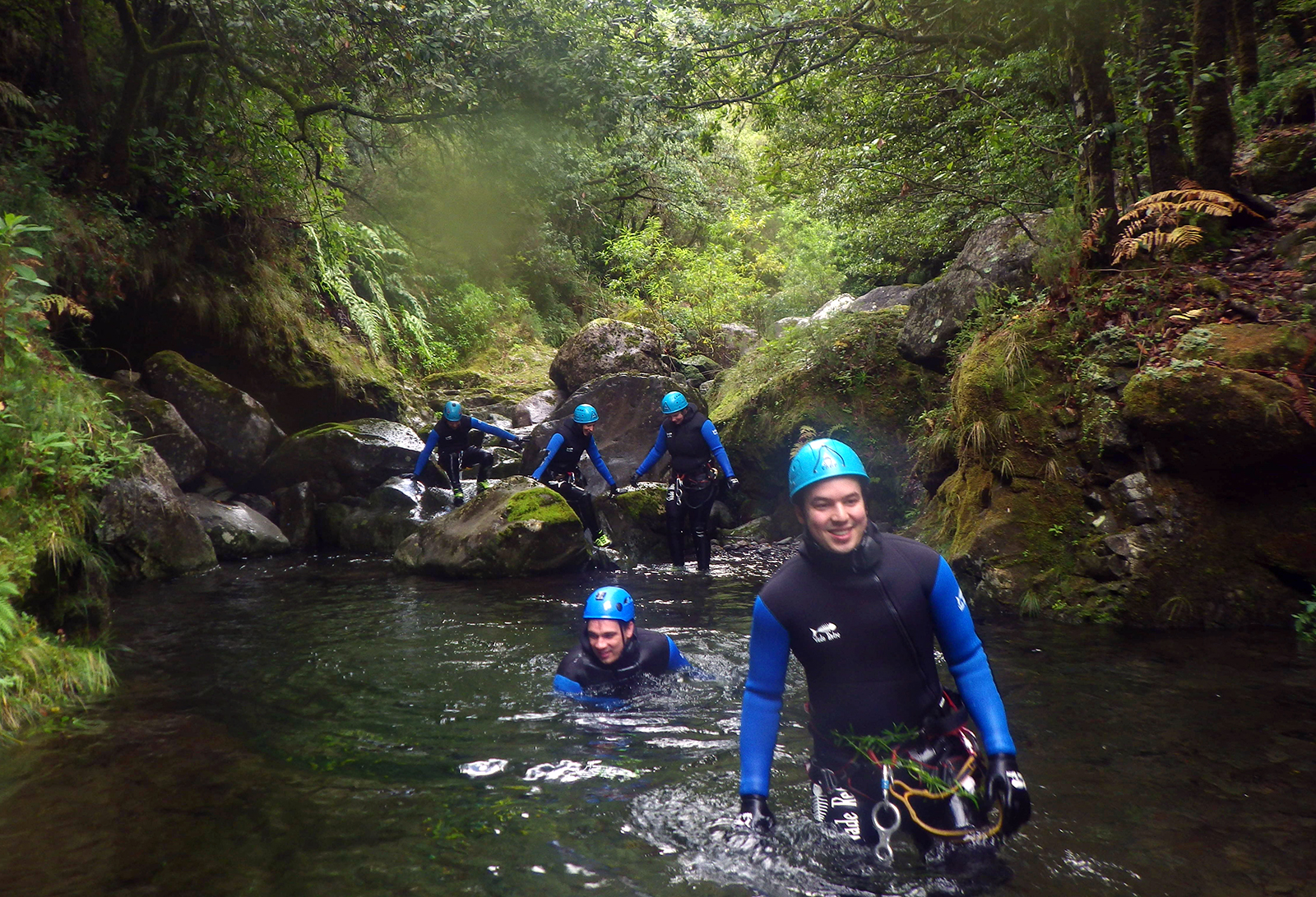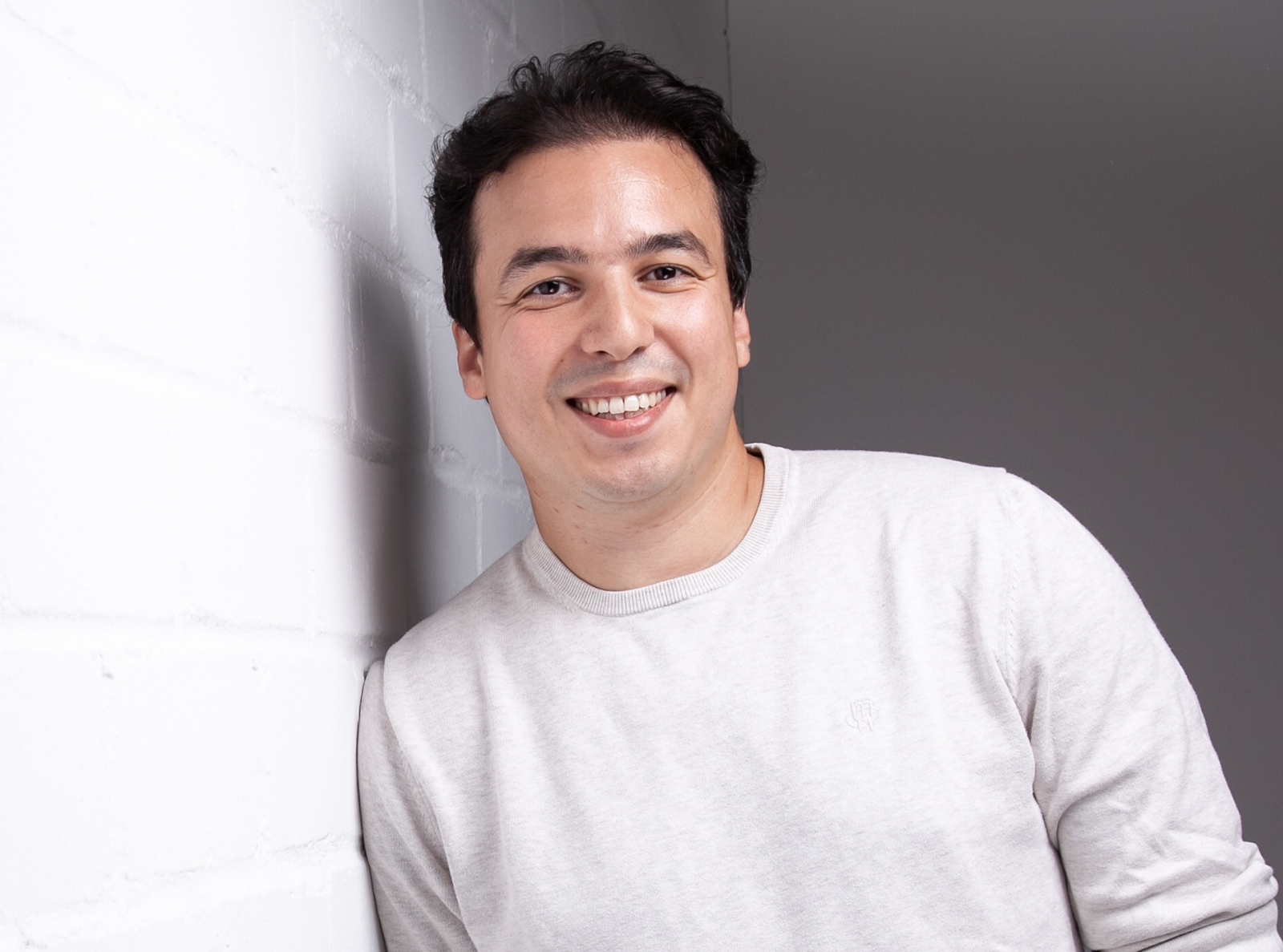Did you receive this kind of support at Fraunhofer, too?
I first joined Fraunhofer during my mathematics degree. This work enabled me to finance my studies and to make a living, while also giving me the opportunity to apply my theoretical knowledge of mathematics and computer science in practice — I got to see how the theory works in the wild, so to speak.
I had some brilliant supervisors at the IAIS. They set targets for me and allowed me a great deal of freedom to conduct independent research, even when I was still a research assistant. I learned how to document complicated content in a scientifically sound and comprehensible way, how to organize myself in a complex environment and, above all, how to ask the right questions. Sometimes I’d spend days barking up the wrong tree before one of my supervisors put me back on track at our next meeting.
I also fondly remember being allowed to use the Fraunhofer IAIS computer clusters to run my CPU-intensive and highly parallelized algorithms. Occasionally, I’d crash the clusters with faulty code or accidentally swamp the hard drives with data over the weekend. Fortunately, with a bit of help, I was always able to correct these errors quickly. Having the freedom to experiment like this was very important for me.
Does the Fraunhofer-Gesellschaft still play an important role in your life?
Absolutely! Even now, I still draw on many of the lessons I learned at the institute in Birlinghoven. I’m also still in touch with some of my former colleagues. In addition to this valuable network, I also benefit from the reputation of the Fraunhofer-Gesellschaft; their opinions are always welcome where I work.
The motivating factors I mentioned earlier — achieving pioneering work, learning continuously and tackling even unpleasant challenges — also flow directly into my current work of managing the start-up. Here’s a concept that one fantastic coach taught me: Pioneers never stay in the same place for long. Their spirit of discovery always keeps them venturing into uncharted territory. The trail left by these pioneers is then followed by settlers who start building on the newly discovered land. As the settlement grows into a town, it needs complex and scalable infrastructure. That’s where the town planners come in.
When I developed the strategy for a new company in 2020, that was pioneering work. Turning that strategy into a real-life company was settler work. And scaling the company up is town-planner work. This analogy also nicely demonstrates the path from an idea to a prototype to an established product. As you can see, my career path, which has led me from university to the Fraunhofer institute and on to the world of business, has fully prepared me for the task of founding my own company. I was also lucky enough to be in the right place at the right time, which was obviously another key factor.
On a basic level, people and their skills can be roughly sorted into the three categories “pioneers, settlers and town planners”. Most of the people we meet at university are pioneers, conducting basic research. At the Fraunhofer-Gesellschaft, we also come across settlers who build on these basic foundations to create functioning and innovative prototypes. Then in the private sector, town planners develop these prototypes into products, scale them up and sell them. The Fraunhofer-Gesellschaft is not known as the link between science and industry for nothing.
Could you tell us a bit more about your everyday work? Why is it so challenging to found a start-up?
In an established company, you have lots of structures and resources to fall back on in your everyday work. You have to expend a great deal of energy to change these structures, whereas in a new start-up, it’s the other way round: You have to expend energy to build the structures in the first place. We are so exploratory in our approach that, as soon as we’ve done something in the same way twice, we say it’s a new process. Rightly or wrongly — it’s not always clear right away. Our daily work is shaped by “educated guesses”.
This is where those pioneers I mentioned earlier come into play: Founding a company is like standing in the middle of a jungle, armed with a machete and a compass. There’s no map. You climb up a tree and see your destination clear as day — but it’s still far away, at the top of a high mountain. Back on the ground, you start making your way through the jungle toward your destination. Sometimes you need to use your machete to clear a path through the thicket. Sometimes you decide to take a detour, when you hear a predator roaring, for example, or when you come across an impassable gorge. You deal with these setbacks as they arise, using the compass to right your course again and again. Once you reach your destination, you’ve gathered enough information to be able to draw a map — at least for the area you’ve explored.
Your current project is a spin-off from a larger company. What are the main differences between this and founding a start-up independently?
The differences boil down to security and flexibility, among other factors. Spin-offs from larger companies are often more financially secure and don’t have to worry about strenuous investment rounds. In exchange, they are restricted by some corporate policy or other and, in some cases, are required to align themselves with the strategy of the parent corporation. For independent start-ups, it’s often the other way round: more organizational freedom, but less financial security.


